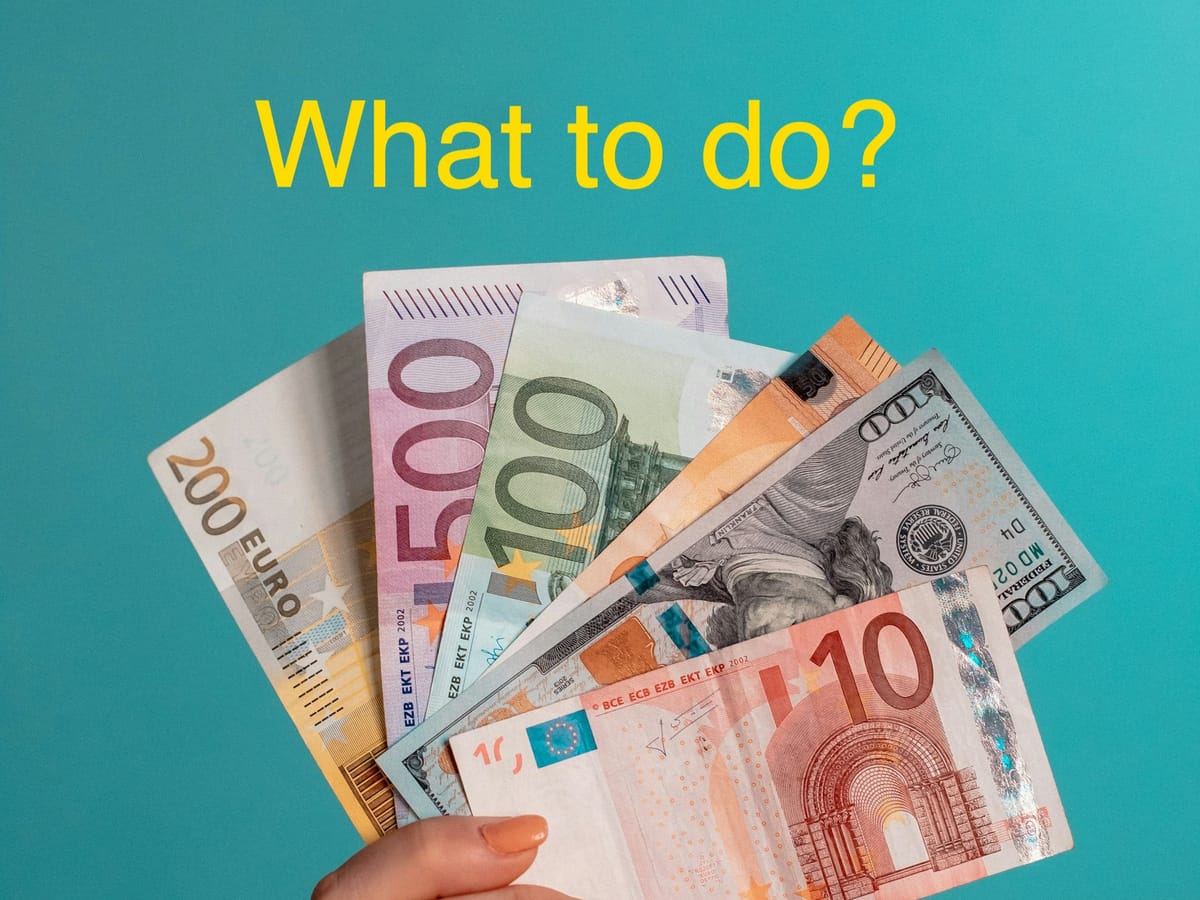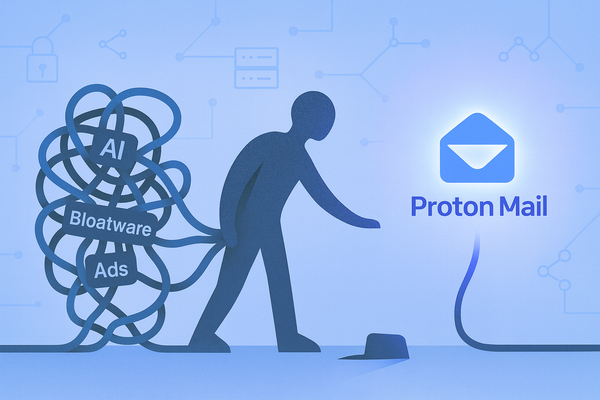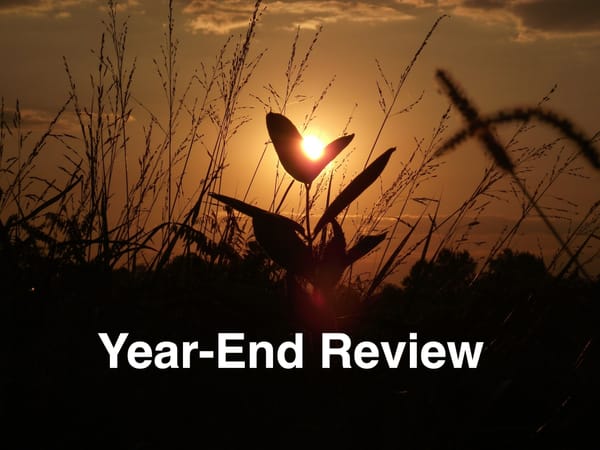What to do with Excess Cash in your Clinical Research Consulting Business
A review of strategies of what to do with excess cash in a clinical research consulting business.

I think I am a typical business owner in that I don't pay myself on a regular schedule. I take money out of the business "when I need it."
I am not sure why.
Maybe it is the payroll taxes that I have to pay every time. It hurts to see the amount of cash I allocate to myself, actually get split and a large portion has to be sent to the government. It was less painful when I was employed.
If you are like me, and many other business owners, you only pay yourself a few times a year. The question I had, and that you have probably been wondering, is what to do with the cash until payday?
In this article I will review some of the strategies that I have tried and what has worked, and what hasn't. This article is for entertainment purposes only and is not financial advice.
What Doesn't Work 🚫
Let's start with the bad. What I was doing before I knew better was just letting the cash accumulate in my business checking account.
It was fun to see the number tick higher and higher.
However, inflation was making that money less and less valuable over time. As of early 2024, inflation is still quite high, meaning that I am losing out on inflation, but I am also losing out on potential gains by doing something useful with the money.
Don't Gamble 📉
If you want to make the excess cash in your clinical research consulting business work for you, the first rule is don't lose it. Don't start day trading. Don't put the money in meme stocks or a recommendation from a friend.
You are gambling. Sure you might win some bets here and here, but the house always wins. Over the long term you will lose, and you can lose big.
Keep your principle and make wise investments.
When do you Need the Cash? 💸
You will likely eventually take out the money that you set aside for one of your paydays.
This means that you need the money within a few months to a year. With such a short time horizon, I personally don't take on that much risk with my investments, and I would suggest that you do the same.
Short-Term Investments Worth a Look 👀
I have tried a few short-term investments, and here are my experiences with them.
Business Savings Account 🏦
The first logical step might be to simply open a savings account where you already do your business banking.
I thought the same thing.
But, the interest rates were terrible. About as bad as rates for personal savings accounts, unless you get promotional rates. However, the promotional rates eventually expire and you'll have to eat the new crap rate, or move your banking somewhere else *more on that later).
A point to note here is that interest income is taxed unfavourably to other types of investments. But, it is still worth it for the money you do get to keep!
Guaranteed Investment Certificates (GICs) 📃
Not just for seniors!
Businesses can take advantage of GICs as well.
These products, as the name implies, are low risk because the principal and interest are guaranteed. The catch is that you typically need to lock in for 1 year or more. That means your money is unavailable until the maturity date.
Not ideal, but there is a way around this.
Cashable GICs 📄
Cashable GICs I think are a good place to store excess cash until needed for clinical research consulting businesses.
Again, as the names implies, these can be cashed in whenever you wish. But, keep in mind that if you cash-in before the first 30 days you will earn no interest. Though you are left no worse off than if you had just kept the money in a checking account.
After 30 days you will earn interest as described. The interest will be less than inflation, but at least it is something. As with savings accounts, the earned interest is taxed at higher rates than other investments, but still worth it for taking some of the sting out of inflation.
You should be able to access GICs through your current business banking provider. However, you may need to set up a self-directed investment account with them first.
Exchange Traded Funds (ETFs) 📈
Remember when I mentioned that if you want the best rates for personal savings accounts you would have to move your money around from bank to bank.
Well, there are actually ETFs that trade on stock exchanges that let you take advantage of these rates typically only available on the personal banking side.
A popular version of these has a fairly fixed price over time, but pays distributions every month.
These ETFs have historically had a higher rate of return compared to GICs. This is not guaranteed going forward, of course. The other advantage of these ETFs is that there is no lock in period. You can sell whenever you wish without penalty.
The caveat to that is if your brokerage charges fees to buy and sell ETFs. You wouldn't want to incur these fees and have a return that doesn't even cover these fees.
Some of these savings account ETFs pay distributions every month, which is not taxed as favourably as other investments.
You can get around this buy buying a corporate class version of a savings account ETF that does not pay any distributions, but instead increases in value over time. This allows your return to be a capital gain (when you sell) which is taxed more favourably.
I highly recommend that you check out the Loonie Doctor for more details on investing inside a corporation for the short-term (and long-term).
Summary
With short time horizons for our cash as clinical research consulting businesses it is difficult to beat inflation entirely. In a future article we can explore long-term investment options for our businesses.
Through this article I have shared a few of the tools that I have used to take some of the sting out of inflation. Let me know if you like these tips or if you are taking advantage of other strategies.
If you found this article useful please let me know! Get in touch.




